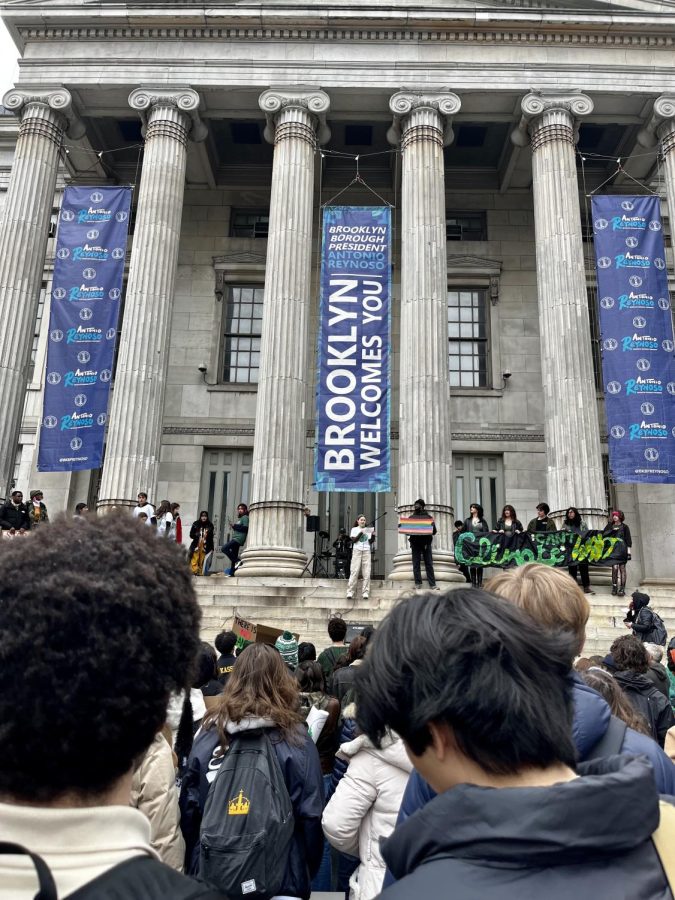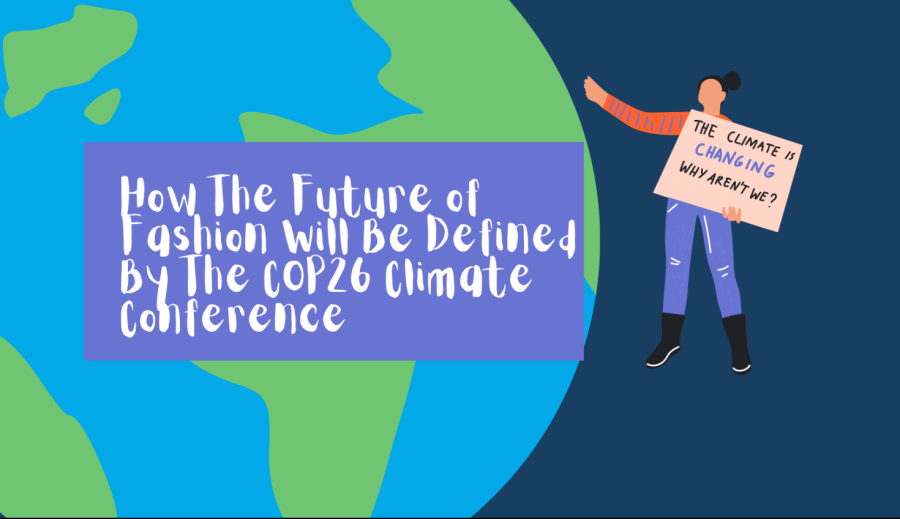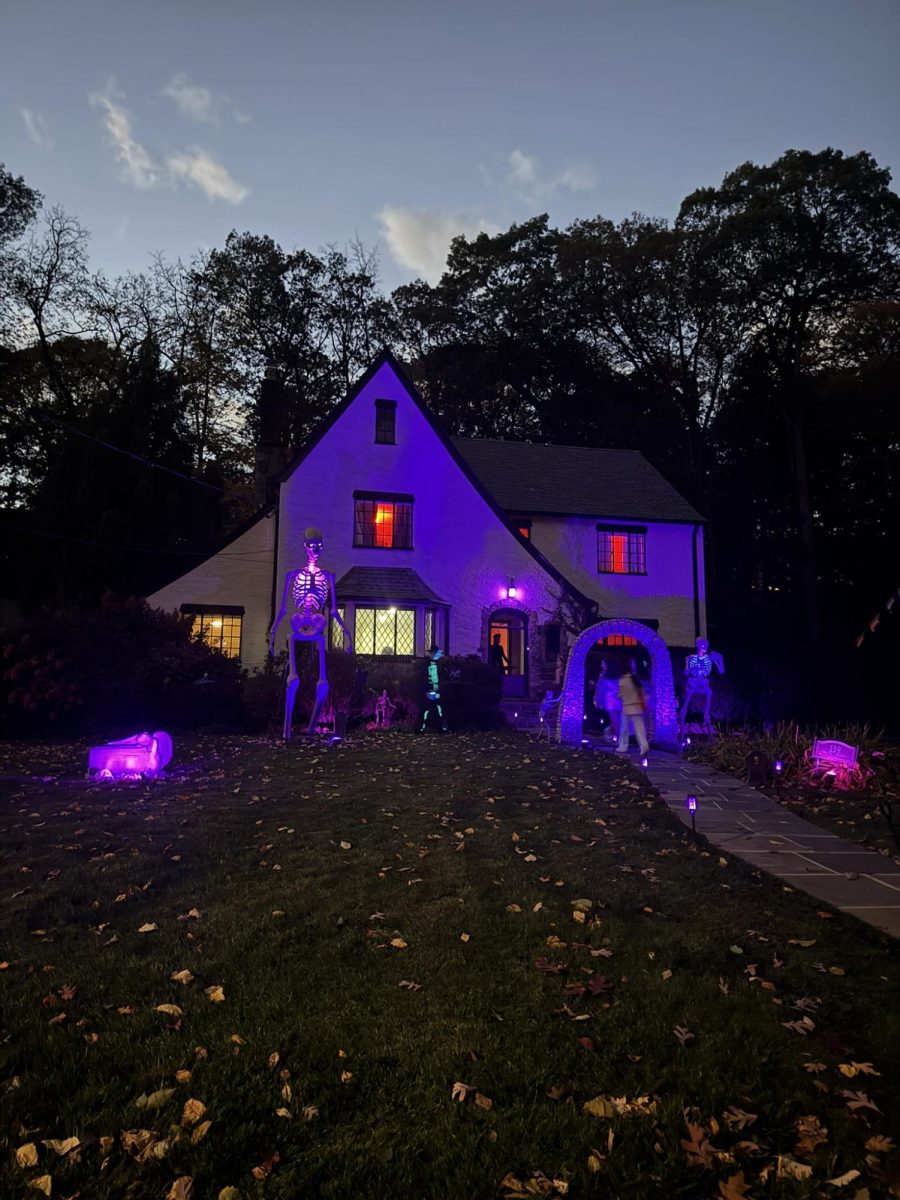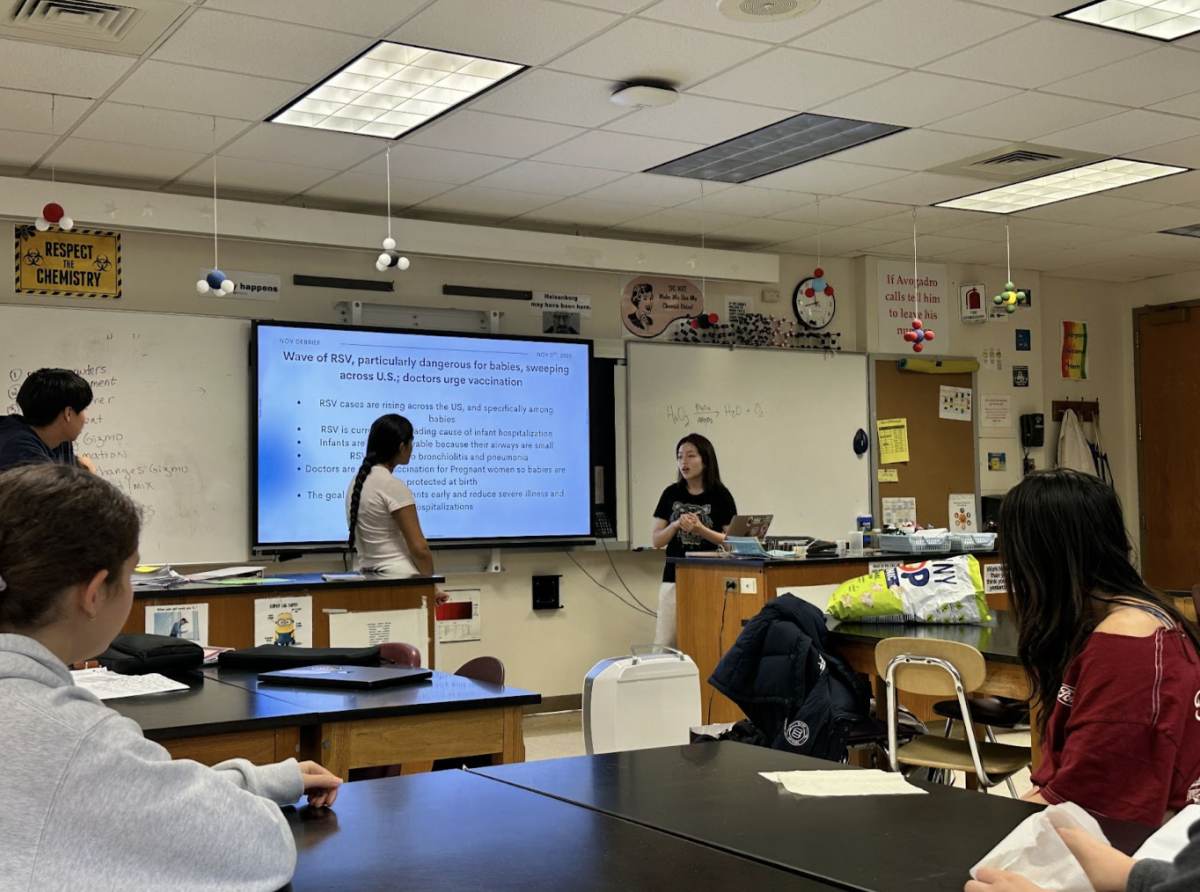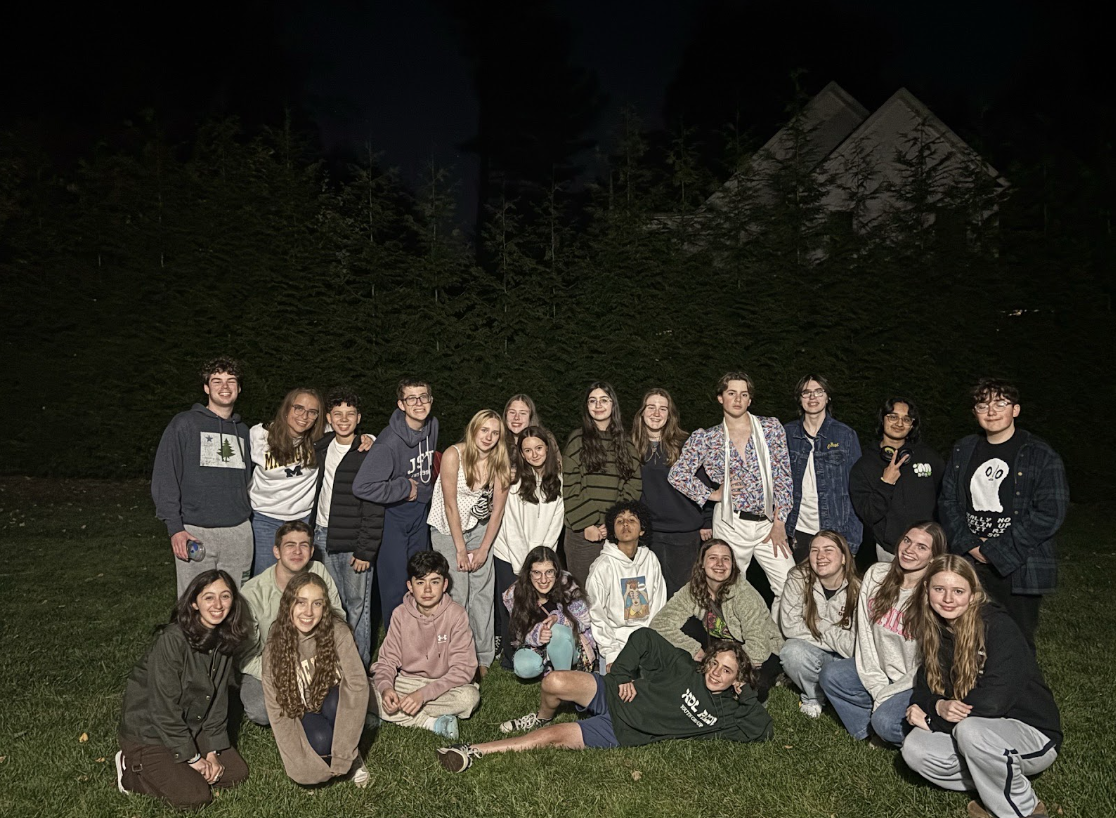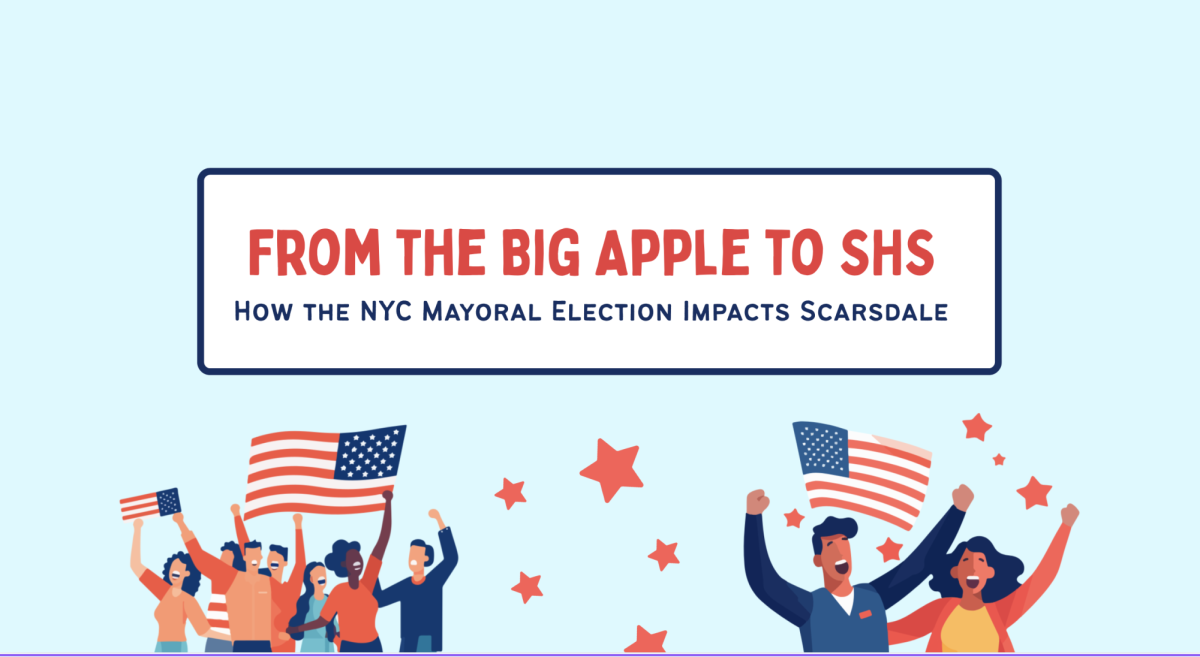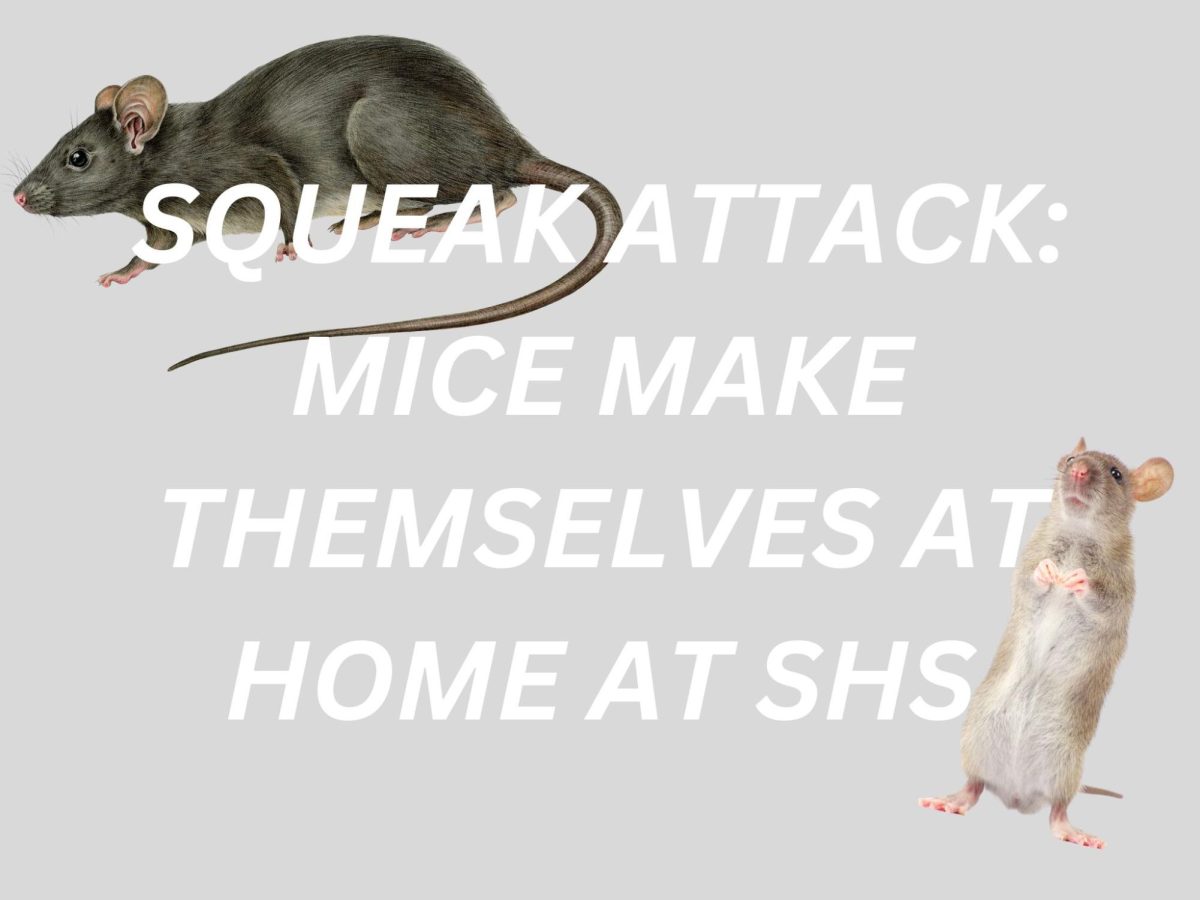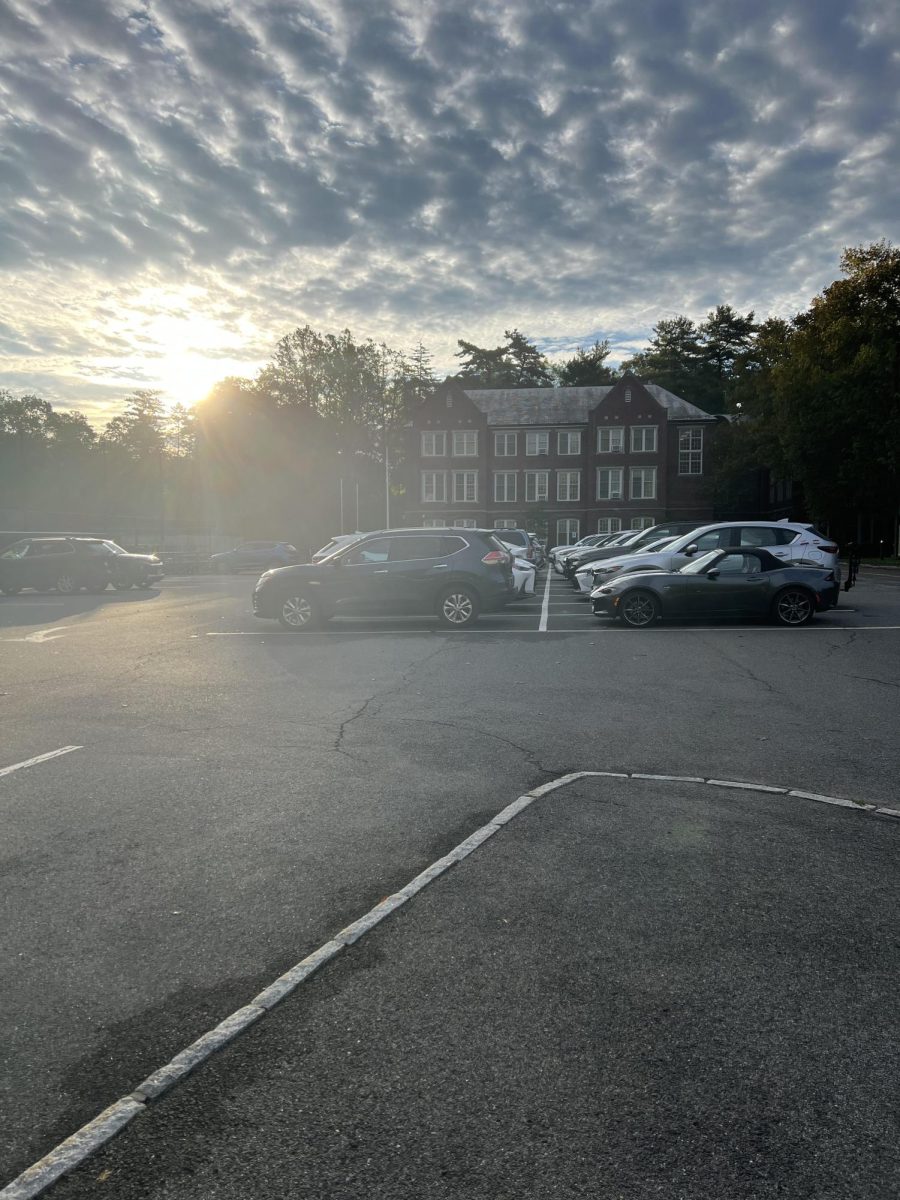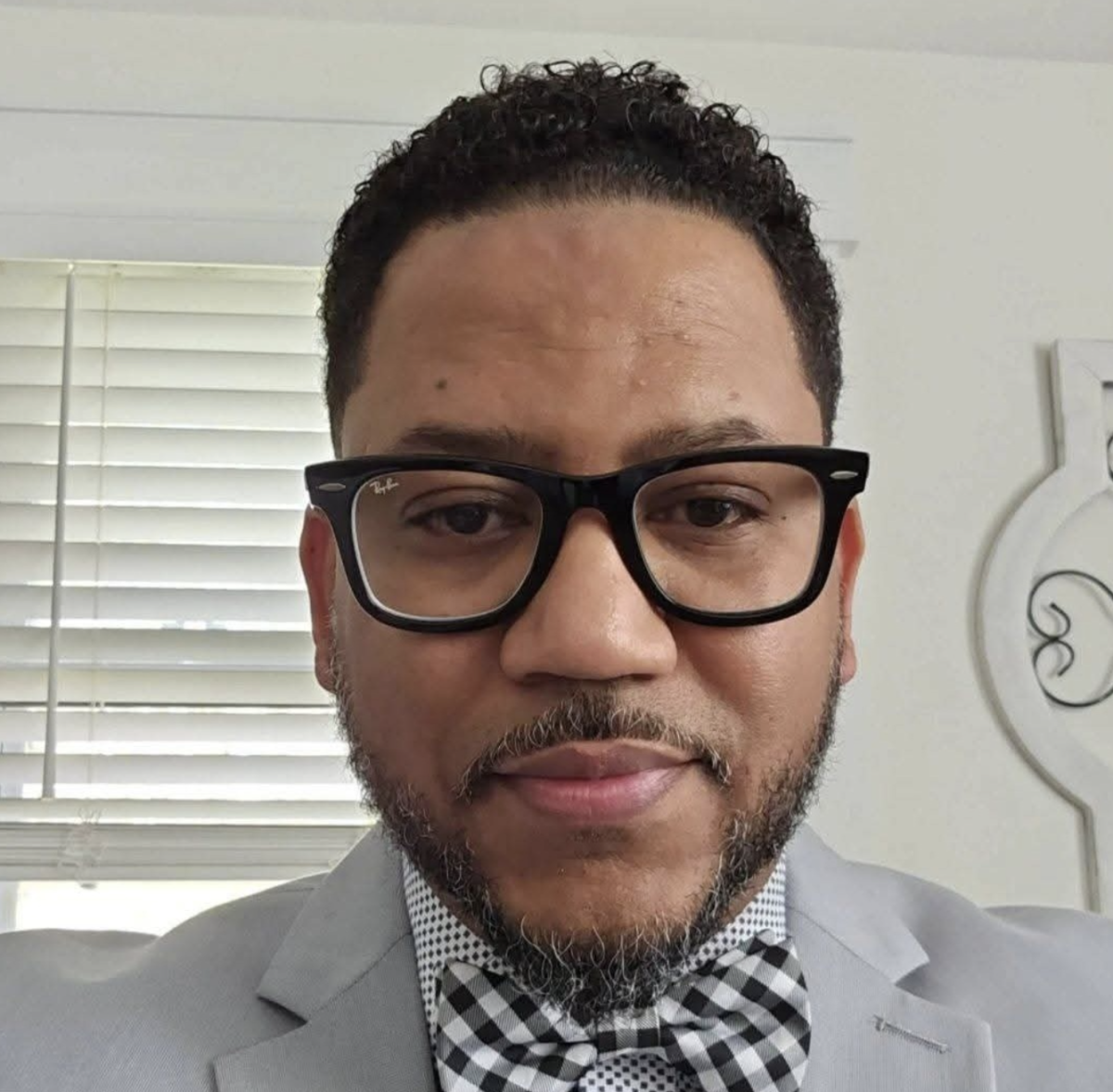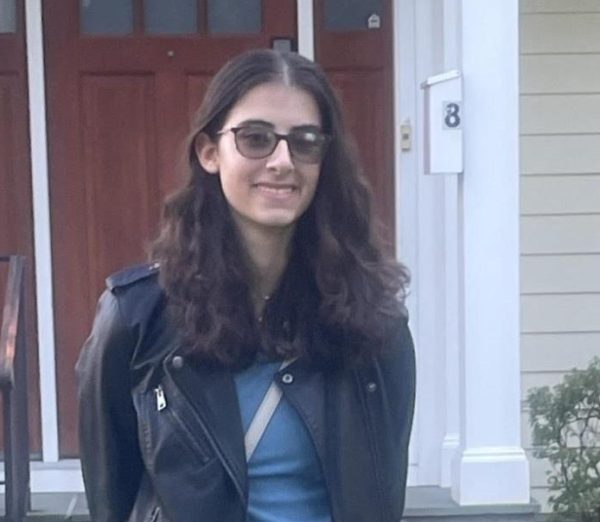On April 15, 2024, AT Entrepreneurship hosted its 6th annual Ptich Night. Drawing from the UN sustainable development goals (SDG), students looked within their community to identify and solve problems. After months of hard work, students presented their final projects in an elevator-style presentation.
Many students tackled the inaccessibility of sports. Partnering with Able Athletics, Braydon Du, Leo Huynh, and Ryan Feldman created Flockable, an attachable device that allows people with wheelchairs to play field hockey. Chase Geringer, Luke Kermanshahchi, Christian Maganas, and Jared Hoffman saw a problem with accessibility in lacrosse so they created Limitless Lacrosse, an attachment that allows people with wheelchairs to play lacrosse. Annika Fuehrer, Sabrina Katz, Sammy Fenigstein, and Ellis Geringer created Helping Hands. It helps make sports available for people with motor disabilities and encourages exercise and hand-eye coordination. Their first product is a brace and attachment that makes playing tennis easier.
Other groups sought to make everyday life easier for people with disabilities. Maya Orad, Alex Rizk, and Charlie Kapner created Elevate, a company that designs products to help people with motor impairments. They created two products, Easy Grip, a glove with attachments to help people hold pencils and toothbrushes, and Cards For All, a cardholder with a special curved design, making it unique from others like it on the market. Marin Shandler, Ashely Gross, Kaitlyn Perry, and Drew Frank saw a problem with the inaccessibility of books. To solve this problem they created LECTIO, a box that allows people to hold a book down and turn pages easily.
Following the trend of accessibility, some groups sought to help make the world more inclusive. Understanding the difficulties kids with Cerebral Visual Impairment (CVI) face within the classroom, Ivy Boockvar, Julia DeNelsky, and Kate Harris created Adgames a tactile board game that allows kids with CVI to play games with their peers. In a different approach to addressing this problem, McKinley Conlan, Josh Kosson, Matthew Knudsen, and Spencer Wepman created Envision, a tactile puzzle with contrasting colors that is more accessible for kids with CVI. After learning about how non-verbal kids struggle to communicate easily in their everyday lives, Daniel Gray, Zachary Ruback, Rhett Needleman, and Remy Leucher created Feel Empowered, bracelets with charms, which display different emotions and symbols, helping kids communicate easily.

Inspired by the problem of mass plastic pollution, many groups created products that help to reduce waste. EcoFilament is a device that turns used plastic bottles into plastic 3D filaments created by Eva Gibney, Lexie Kiley, Ava Schnipper, and Hannah Kass to make 3D printing more sustainable. Mitchell Broff, Jacob Brown, Maz Meizlik, and Maz Siegel saw a problem with the waste made by plastic toys so they created Upcrate, a Subscription-based toy service that encourages upcycling to make things from around their house to make things. Another product that helps bring awareness to environmental issues and encourage sustainability is FreshGaurd. This app, created by Spencer Rosen, Ben Flicker, Zach Pai, and Luke Xu, provides techniques to prevent spoilage, info about spoilage indicators, and reminders about limiting food waste.
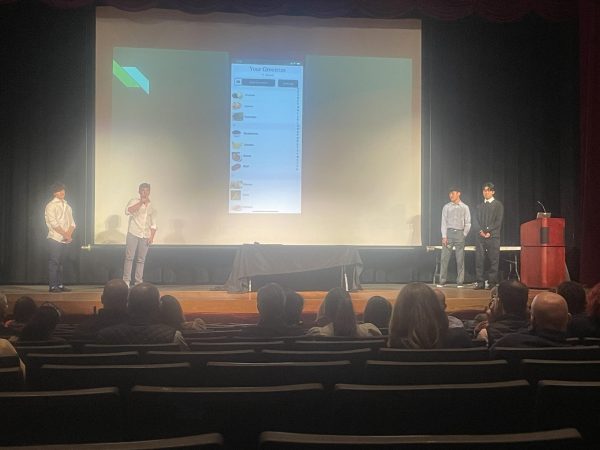
During their research, many groups learned more about gardening’s positive impact on a person’s well-being. Justin Liu, Aaron Kahn, and Aaron Esterman created Youth Rooted to connect this idea with teaching responsibility to kids. Inspired by gardening’s positive impact on well-being, Etel Malka, Grant Lieberman, and Cami Brosgol created Hydroplant. This product makes gardening more accessible to all by allowing people to garden anywhere and still reap the benefits.
Following the trend of promoting well-being, many groups sought to help improve the lives of the elderly. After learning that many elderly with late-set blindness struggle to feel independent and seeing that tools for people with visual disabilities lack proper feedback to alert their users about obstacles, Matthew Wong, Luke Polatsch, and AJ Booth created Safe Strider. This is a cane attachment that has object detection and haptic feedback to help the user better navigate their surroundings. This device is customizable and able to be attached to any type of cane. Corina De Oteiza, Max Timberger, and Cameron Roberts saw a problem with mental health issues in the elderly due to loneliness. To combat this problem they created Forever Fun, a game company that creates games that encourage exercise and social interaction.
Although most of these projects end after their final pitch, “We always want to encourage groups to move forward, evolve the idea, pass it along to the next person. Or figuring out, how do we have this idea live on past us?” explained McDonald.
To learn more about the projects check out their presentations.


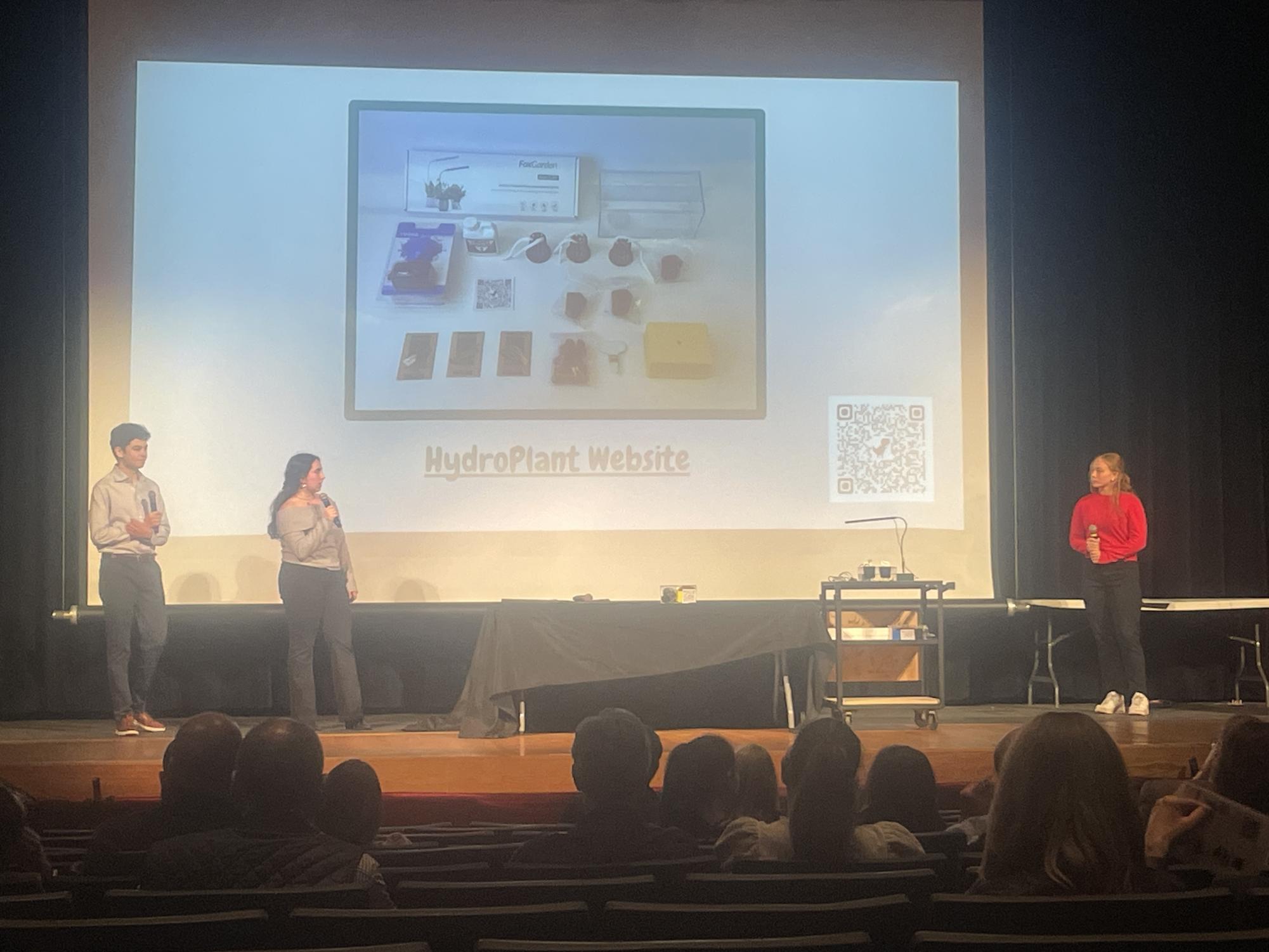


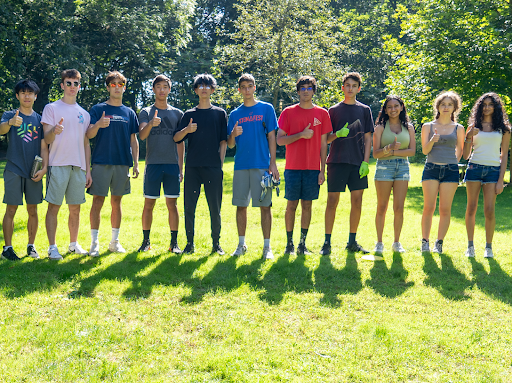
![“I personally hope that the passion and anger surrounding stopping [the] Willow [Project] will manifest itself in other climate actions,” Ryan conveyed.](https://shsmaroon.org/wp-content/uploads/2023/03/Green-Minimal-Simple-School-Environmental-Science-Geography-Project-Presentation-900x506.png)
